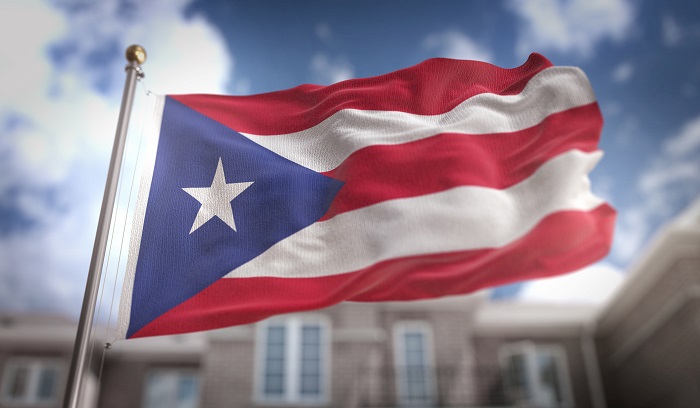What’s in a name? In William Shakespeare’s Romeo and Juliet, Juliet asks “What’s in a name? That which we call a rose by any other name would smell as sweet.” The titular character uses the rose comparison to explain that putting another label on a “rose” would not change its taste or smell. The exact same can be said of Puerto Rico. Despite claims to the contrary (as in this Huffington Post article), Puerto Rico is a U.S. territory. The “commonwealth” label has not changed its legal status.
The word “Commonwealth” is simply part of Puerto Rico’s formal government title; it is not an accurate description of Puerto Rico’s status.
Virginia, Massachusetts, Kentucky, and Pennsylvania are referred to as commonwealths. Yet, as explained on The Puerto Rico Report’s “The Meaning Of ‘Commonwealth” page, “[c]learly, these states are no different from states like California and Arkansas, which do not refer to themselves as a commonwealth.”
The confusion regarding Puerto Rico’s status began in 1950 when Puerto Rico was authorized to draft a local constitution for Federal approval, with the condition that the new document would not change Puerto Rico’s status as a territory. The new constitution would only provide Puerto Rico autonomy over its local affairs, relieving Washington of that responsibility. After the law passed, Puerto Rico held a convention at which approval was granted for a local constitution, which was titled “The Constitution of the Commonwealth of Puerto Rico.
Congress received this document, but refused to endorse it unless certain changes were made – demonstrating the authority it would continue to hold over its island territory. The Constitution was returned to Puerto Rico, the required changes were made, and Congress authorized Puerto Rico to have local control over its affairs through Public Law 82-447, enacted in 1952.
In 1952, after Congress approved Puerto Rico’s local constitution, some people began to refer to Puerto Rico as a commonwealth. This was despite the fact that at the time, Congress was explicit that its gift of local power did not lessen federal control over the island or change its status as a territory.
Since 1952, the term “commonwealth” has evolved to describe a type of fantasy status between the United States and Puerto Rico in which Puerto Rico is given more rights and privileges than those enjoyed by states. Under a proposed “Commonwealth” government, Puerto Rico can ignore federal laws, sign treaties with foreign countries, and receive federal funding with no strings attached, all while possessing irrevocable U.S. citizenship and forcing the U.S. to maintain Puerto Rican policies it may no longer want by mandating a “mutual consent” clause in an initial U.S.-Puerto Rico pact.
United States officials representing all three branches of government have rejected “Commonwealth” proposals as unconstitutional and unfeasible. They have done so many times over the course of many years. In fact, as recently as 2011, a report by President Barack Obama’s Task Force on Puerto Rico’s Status reaffirmed that “[u]nder the Commonwealth option, Puerto Rico would remain, as it is today, subject to the Territory Clause of the U.S. Constitution.”
Calling Puerto Rico a commonwealth is both inaccurate and misleading, as it does not accurately portray the relationship the territory shares with the United States. Referring to the territory of Puerto Rico as a “commonwealth” has the same effect as referring to a rose by another name – none whatsoever.


